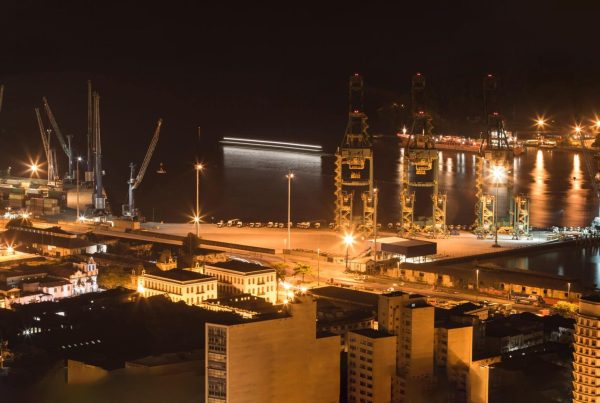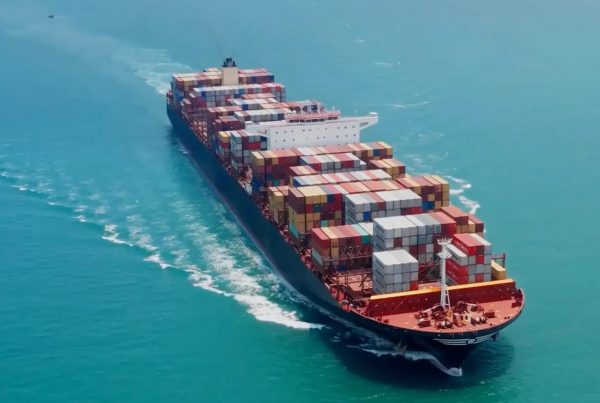In the wake of the global pandemic, economies worldwide have faced unprecedented challenges. For island nations like Mauritius, the economic implications have been particularly severe, given the country’s heavy reliance on international trade and tourism. This case study explores the strategic initiatives undertaken by Mauritius, focusing on the establishment of the Diplomatic Economic Intelligence Unit (DEIU), aimed at revitalizing the economy through targeted international outreach, particularly towards the African continent.
Background
Mauritius, known for its robust economic strategies and political stability, encountered significant disruptions during the COVID-19 crisis. The pandemic not only decimated its tourism sector but also exposed the vulnerabilities of depending heavily on European markets. With the traditional economic pathways constricted, Mauritius confronted potential economic stagnation and the urgent need for diversification.
Challenges
Economic Contraction: As European economies suffered, the demand for Mauritian exports dwindled, leading to an inevitable contraction in GDP and a spike in unemployment rates.
Over-dependence on Fossil Fuels: Fluctuations in fossil fuel prices had historically buffered economic shocks but posed long-term sustainability risks.
Need for Market Diversification: The reliance on traditional markets like Europe needed reevaluation, with the pressing need to explore new markets and opportunities.
Strategic Response: The DEIU Initiative
In response to these multifaceted challenges, the Mauritian government proposed the creation of the Diplomatic Economic Intelligence Unit (DEIU). This initiative was designed as a strategic pivot to leverage diplomatic channels for economic resilience, focusing primarily on untapped African markets.
Objectives of the DEIU
Market Diversification: By penetrating African markets, Mauritius aims to reduce its dependence on European economies and diversify its economic portfolio.
Crisis Management: Establish a framework to manage and mitigate future economic shocks, leveraging Mauritius’ diplomatic relations.
Sustainable Development: Promote sustainable business practices through the export of renewable energy technology and sustainable tourism models to African countries.
Operational Framework
Data and Intelligence Gathering: Collect and analyze economic data to identify potential markets and sectors for expansion in Africa.
Stakeholder Engagement: Collaborate with local businesses, government bodies, and international agencies to foster partnerships and joint ventures.
Policy Advocacy: Influence economic and trade policies that favor Mauritian economic interests abroad.
Implementation
The DEIU’s approach to implementation revolves around several strategic actions:
Establishing Presence in Africa: Set up offices in key African countries to act as hubs for trade and economic intelligence.
Capacity Building: Train Mauritian entrepreneurs and businesses on African market dynamics and cultural nuances.
Financial Strategies: Engage with international financial institutions and regional banks to secure funding for Mauritian businesses expanding into Africa.
Impact and Outcomes
Short-term Gains
Increased Exports: A significant uptick in Mauritian exports to Africa, particularly in sectors like textile, information technology, and renewable energy.
Job Creation: Boost in employment opportunities within Mauritius linked to the export sectors.
Long-term Benefits
Economic Stability: Reduced economic volatility from diversified markets and revenue streams.
Enhanced Diplomatic Relations: Strengthened ties with African nations, leading to mutual economic and political benefits.
Challenges and Risks
Political Instability in Target Markets: African markets vary widely in political stability, which could impact investment security.
Cultural and Operational Hurdles: Navigating diverse business cultures and regulatory environments in Africa requires adaptability and extensive local knowledge.
The Diplomatic Economic Intelligence Unit represents a bold step for Mauritius in reshaping its economic landscape post-pandemic. By turning to Africa—a region with burgeoning potential and increasing international focus—Mauritius not only diversifies its economic dependencies but also sets a precedent for how small nations can strategically leverage diplomacy for economic gain. The success of the DEIU will depend on continuous adaptation, robust stakeholder engagement, and an unyielding commitment to sustainable development principles. This initiative marks the beginning of a transformative journey, steering Mauritius towards a resilient and prosperous future.





